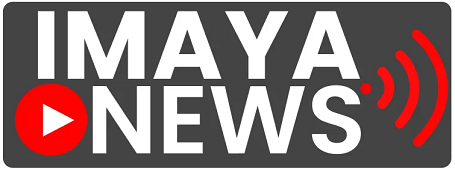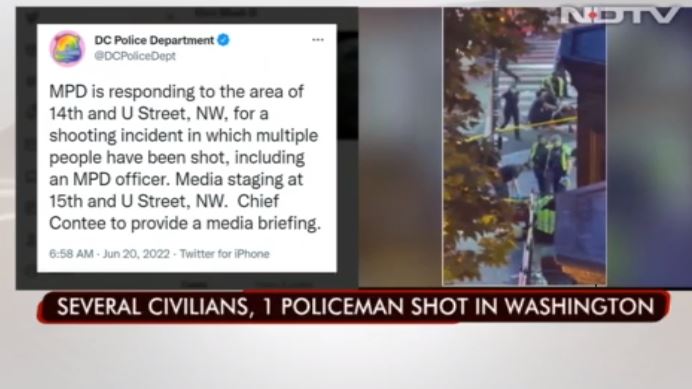Australia’s new social media ban for children is facing a legal challenge in the nation’s highest court, as two teenagers argue that the law infringes on their right to free communication. The law, set to take effect on 10 December, requires social media platforms—including Meta, TikTok, and YouTube—to prevent Australians under 16 from holding accounts.
15-year-olds Noah Jones and Macy Neyland, supported by the rights group Digital Freedom Project (DFP), contend that the ban unfairly silences children. “We shouldn’t be silenced. It’s like Orwell’s 1984, and that scares me,” said Neyland. The case highlights concerns that the ban disproportionately affects vulnerable groups, including young people with disabilities, First Nations youth, rural children, and LGBTIQ+ teenagers.
Communications Minister Anika Wells reaffirmed the government’s stance, stating the ban would remain in place despite legal threats. The DFP’s challenge will focus on whether the restrictions interfere with political communication and whether they are proportionate to the law’s goals. Alternatives suggested include digital literacy programmes, age-appropriate platform features, and privacy-focused age assurance technologies.
Noah Jones called the policy “lazy,” saying, “We are the true digital natives and we want to remain educated, robust, and savvy in our digital world… They should protect kids with safeguards, not silence.”
While the ban enjoys strong support among Australian adults, critics warn it could isolate children from safe online communities or push them toward less-regulated corners of the internet.




